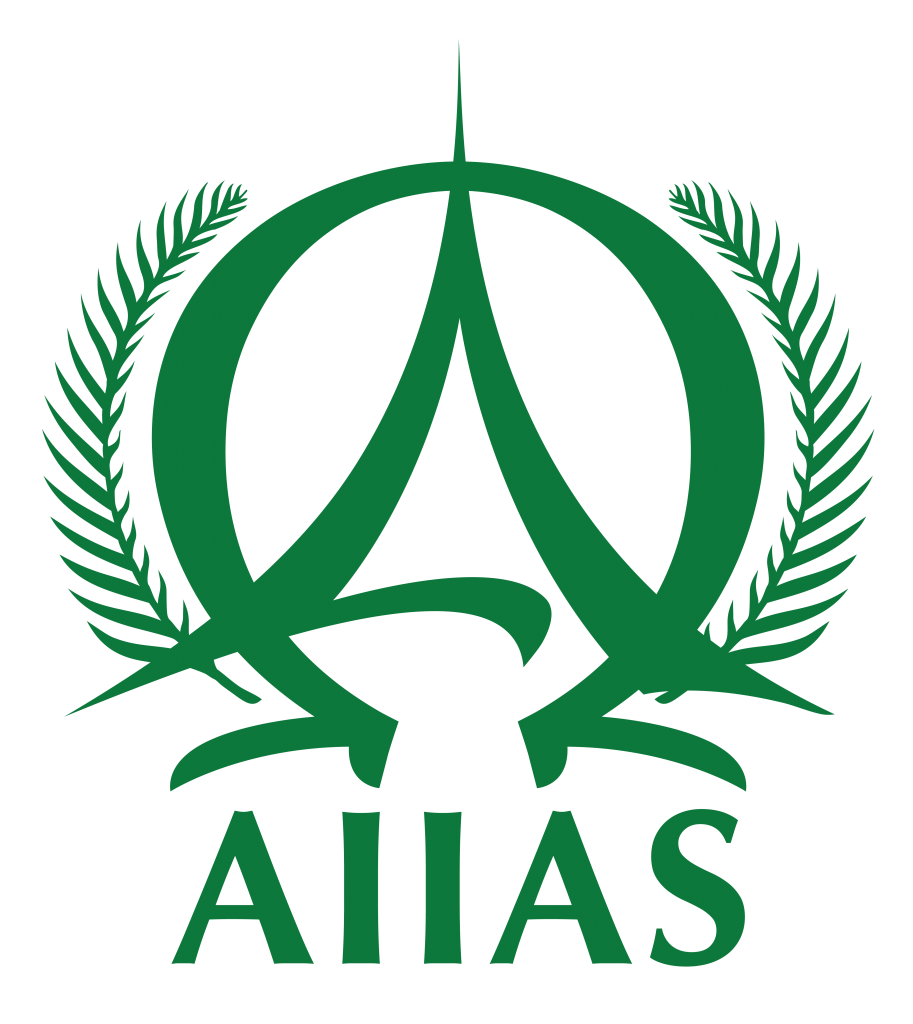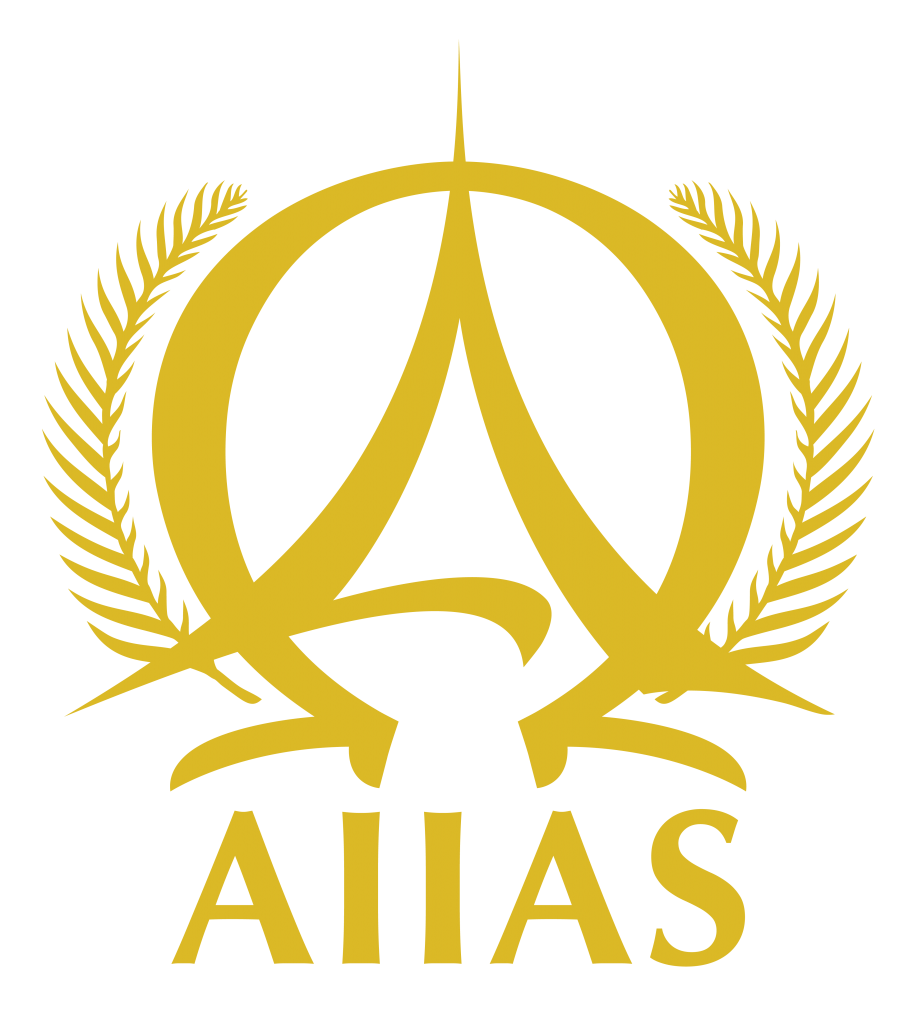Directed Studies
The following courses may be offered within any degree program. The degree program prefixes, omitted in this list, must be supplied at the time of registration.
_____588/688/788 Updating of (Original Course Name) (no credit)
Updating an outdated course is registered under the same prefix and first digit as the original course. The charge for this course will be equivalent to the fee for one credit in the student’s program, but no credit will be granted. For details, see the section entitled “Updating of Academic Credits” under Academic Information and Policies.
_____ 589/689 Elective Course in ____________ (1-3)
This will allow transfer credits and an occasional special course not specifically named in the Bulletin. Transferred courses should still appear as such on the transcript.
670/870 Independent Project in_____________ (1-3)
Independent projects enable students to develop advanced professional knowledge and competencies and to integrate theory and practice within their chosen profession in a way that is relevant and appropriate to their ongoing personal and professional goals. Projects may include the design and preparation of materials, design, implementation, analysis, and reporting of an intervention, or some other agreed-on application of theory. Open to students on a limited basis with departmental approval.
_____ 690/790 Directed Study (1-3)
Open to students only on a limited basis with departmental approval. Requires written/oral reports. Normally, Directed Study is limited to 3 credits per student per degree. Not available for core subjects without ASAC approval.
_____ 692/792 Fieldwork/Advanced Fieldwork in (1-3)
Open to students only on a limited basis with departmental approval. Provides graduate students with opportunities to deepen and apply their learning in real-life settings not before experienced, and expands horizons through new types of professional interactions. Courses designated as fieldwork entail on-site experiences and activities in a setting appropriate to the degree being sought. Fieldwork courses may only be taken after half of the total number of credits for the respective degree program have been completed. Students are expected to spend a minimum of 60 clock hours in practicum activities for each semester hour of credit.
_____ 693/793 Advanced Readings in____________________ (1-3)
Open to students only on a limited basis with departmental approval. Requires extensive readings on an agreed topic with oral and written reports to the professor. Normally, Advanced Readings is limited to 3 units per student per degree. No Advanced Readings may be used in lieu of core requirements.
_____ 695/895 Directed Research in__________________ (1-3)
Open to students only on a limited basis and with departmental approval. A written report is required, normally in the form of a research paper. For a PhD level registration, review of literature, conceptual framework, research design, data collection, data analysis, and interpretation culminating in a publishable article is required. May be repeated for credit.
Research Methods, Writing, and Statistics
Necessary skills for academic writing, including proper use of sources and avoiding plagiarism, organization, the basics of APA style, punctuation, and gender inclusive language. Academic writing ability and knowledge of research procedure is developed through class activities and feedback.
Fundamental processes of research. This course introduces students to the terminology, methods, and tools of scholarly research. Specific topics include characteristics of historical, descriptive, quasi-experimental, experimental, and qualitative research; measurement considerations as related to validity, reliability, generalizability, instrumentation, and data analysis; and ethical concerns. The course also addresses the practical aspects of writing a thesis/project proposal, gathering data, organizing the report, and presenting the findings. Prerequisite: RESM 520 Academic Writing.
An introduction to descriptive and inferential statistics. Concepts covered in this course include measures of frequency, central tendency, and variation, transformed scores, normal distribution, central limit theorem, hypotheses testing, statistical power, and sampling. Students should be familiar with different kinds of distributions such as t, f, and chi-square and other basic measurements in statistics such as bivariate correlation (Pearson r), simple regression, and differences (t test). The use of non-parametric statistics is also introduced. ANOVA, and multiple comparison (post-hoc) tests are included. Students are expected to develop proficiency in using a major statistical package. If more than 5 years have elapsed since RESM 615 Statistics was taken, knowledge of statistics must be reviewed through audit of this course or by preparation for and taking of a proficiency examination before taking courses requiring Statistics as a prerequisite. Computer laboratory and software fees apply.
RESM 625 Action Research (3)
Theory, concepts, and practice of action research. The process is a disciplinary inquiry carried out by and for those practitioners to solve an immediate problem or improve practice. The research procedures include quantitative and qualitative tools. The participants will produce an action research study
RESM 630/730 Documentary Research (3)
Documentary and historical methods in obtaining primary and secondary information as well as verification and use in research. Prerequisites: RESM 520 Academic Writing, RESM 610 Research Methods.
RESM 685 Research Experience (3)
Hands-on experience in designing, conducting, and reporting significant primary research in education. The end product should be a publishable scholarly article (2,000-3,000 words) or other substantial research report. The student should plan to spend a minimum of 60 clock hours in research activities for each semester hour of credit. Does not count toward the requirements for the PhD degree. Prerequisites: RESM 520 Academic Writing, RESM 610 Research Methods, RESM 615 Statistics recommended.
_____ 694 MA Culminating Project (3)
The MA Project is a practical application of theory learned in the program studied. It may or may not involve data collection, but should serve some useful professional purpose. Prerequisite: completion of all required courses or permission of the department. See Departmental Guidelines for details.
The thesis is a potential culminating activity for many Graduate School master’s degrees. It consists of qualitative and/or quantitative research that validates or improves existing theory and makes a unique contribution to knowledge in the selected area of study. Research designs could include evaluation, descriptive, or theory-oriented studies. See Graduate School and Departmental Guidelines for details.
RESM 715 Advanced Statistics (3)
Theory and applications of multivariate statistics. Topics include factorial ANOVA, multiple regression, multiple discriminant analyses, logistical regression, multivariate analysis of variance (MANOVA, MANCOVA), multidimensional scaling, cluster analysis, and factor analysis. Computer laboratory and software fees apply. Students who took basic statistics more than 5 years ago must audit RESM 615 or pass a proficiency examination before enrolling in this class. Prerequisites: RESM 615 Statistics (or its equivalent).
RESM 720 Nonparametric Statistics (3)
Theory and application of nonparametric methods for analysis of nominal and ordinal data and distribution-free tests, including rank tests for matched and independent samples, chi-square and goodness-of-fit tests, McNemar’s test, rank correlation, k-sample test, randomizations test, and Kolmogorov- Smirnov statistics. Prerequisite: RESM 615 Statistics, RESM 520 Academic Writing recommended.
RESM 740 Qualitative Research Methods (3)
An overview of the research traditions in qualitative research. The range will consist of research methods from criticism to inductive science. Philosophical assumptions; psychological and anthropological perspectives; inductive, deductive, and abductive thought processes will be considered with a personal worldview and values orientation. The purpose is make thoughtful and considered decisions about personal choices of research methods available and suitable or appropriate for conducting research.
RESM 745 Construction of Scales and Survey Instruments (3)
Theoretical and empirical study of the development of (1) survey instruments such as questionnaires and interview schedules, and (2) attitude scales and personality instruments. Topics include principles and procedures of survey methodology, sampling techniques and sample size, reliability and validity, scaling, item analysis and selection, non-response problems, data coding and processing, and presentation of results. Practical experience is gained by constructing an instrument and/or completing a survey project. Computer laboratory and software fees apply. Prerequisite: RESM 615 Statistics.
RESM 751 Applied Qualitative Research Methods (1-3)
Examination of a qualitative research method including the question of purpose, design, interpretation, and presentation of findings. The first part of the course would include the philosophy, theory, and the step-by-step processes included in a particular research design. The second part of the course would consist of conducting a study using this design in the field.
RESM 752 Applied Multivariate Analysis (3)
Applications of multivariate statistics (a continuation of topics introduced in RESM 715). In addition, topics include introduction to construction of scales, path analysis, and structural equation modeling. The applications would be related to the quantitative research designs. This should lead to discussion and analyses of the areas of students’ dissertation interests. Prerequisite: RESM 715 Advanced Statistics (3).
RESM 770 Institutional Evaluation (3)
An explanation of and justification for evaluation strategies at both departmental and institutional levels, from the perspective of both the practitioner and the evaluator. The course emphasizes the building of evaluation criteria, self-study, methods of data collection, organization and analysis, the drawing of inferences and the framing of recommendations consistent with the mission and philosophy of the institution or program being evaluated.
_____796 EdS Culminating Project (3-6)
The EdS Project is an advanced educational application of theory learned in the program studied. It may involve data collection, and should serve some useful educational purpose. See Departmental Guidelines for details.
_____ 897 Dissertation Proposal Writing (1-3)
A part of the culminating activity. Of the 3 credits, 1 credit is for topic approval. During this phase, students develop the topic of the dissertation and justify its pursuance in consultation with the advising committee. The remaining 2 credits are for proposal writing and approval. Only an S/U grade is earned.
_____ 898 PhD Dissertation (3-12)
A required culminating activity for all doctoral degree students. It consists of original, primary research that makes a unique contribution to knowledge in the selected area of study. Only an S/U grade is earned. Continuous registration is required until the completion of the dissertation . Prerequisite: BUAD/EDAD/EDCI 897, candidacy status or approval of the department. See Departmental Guidelines for details.

